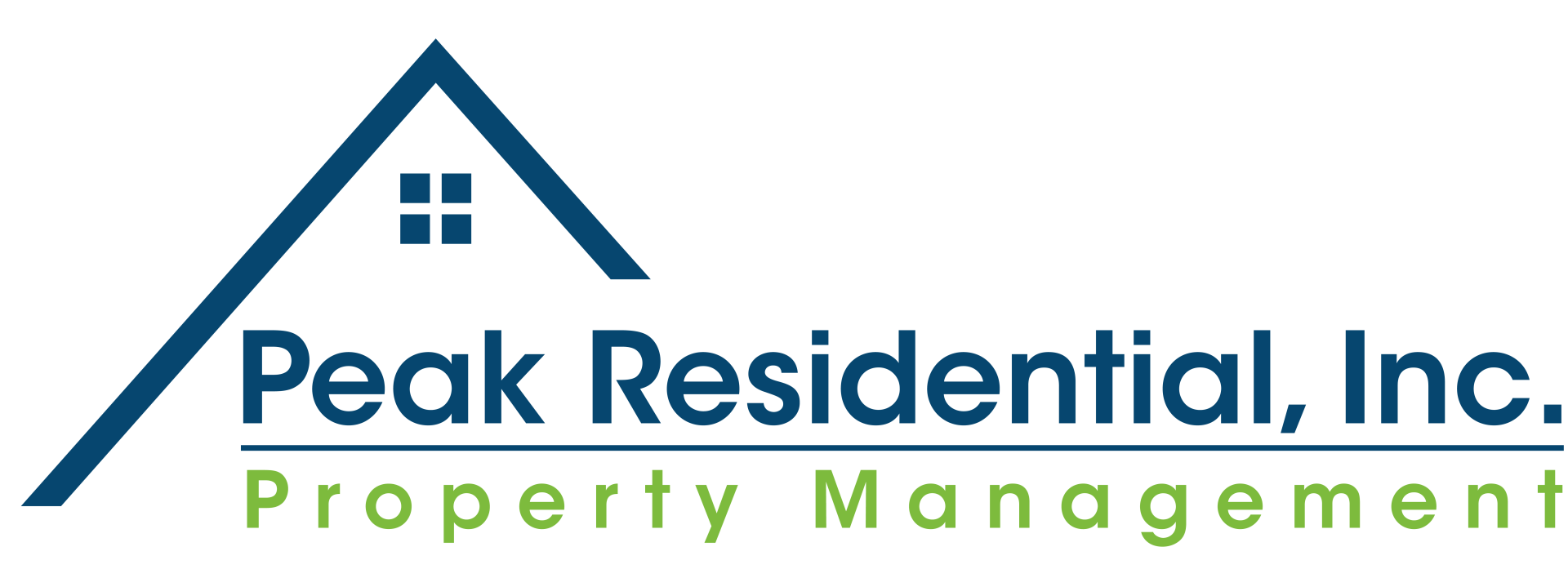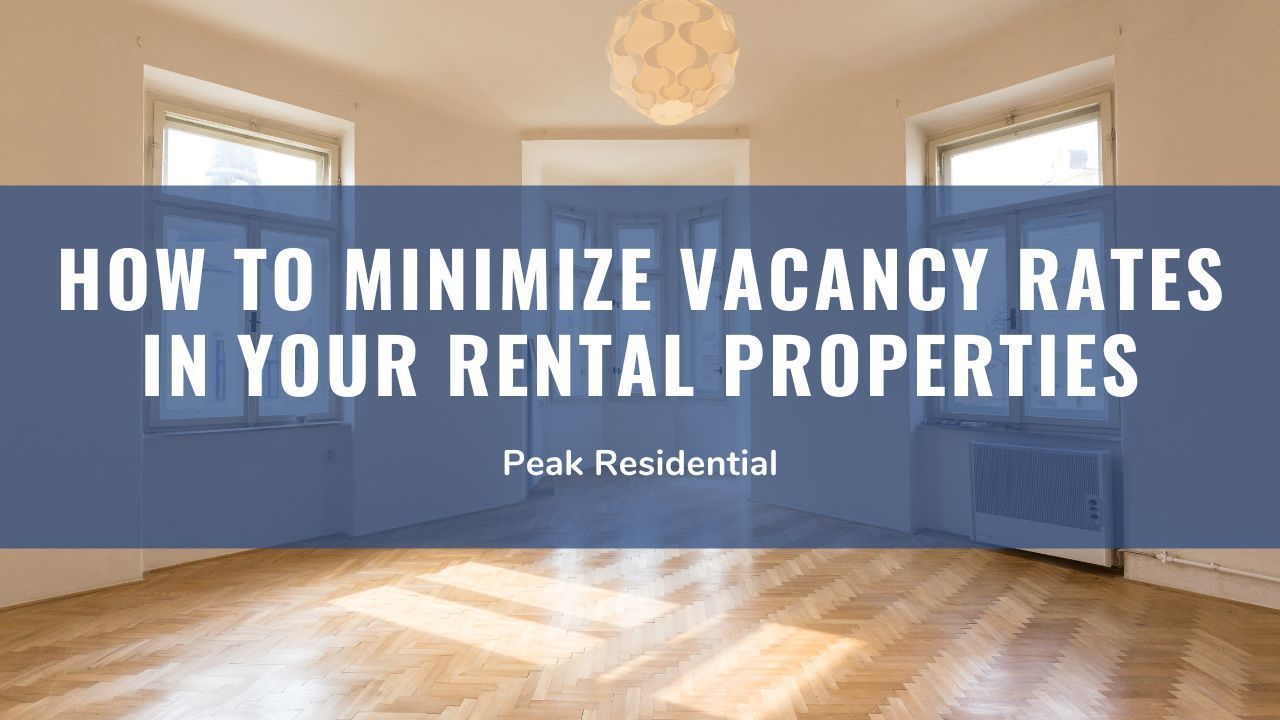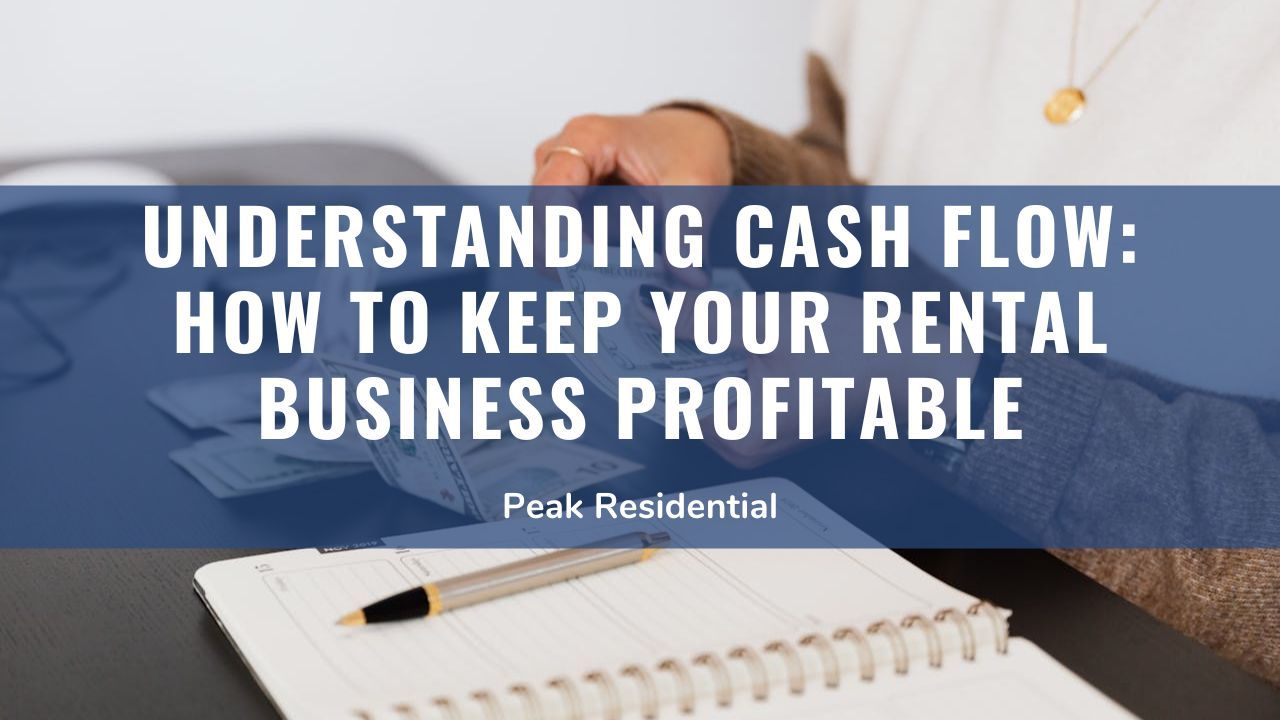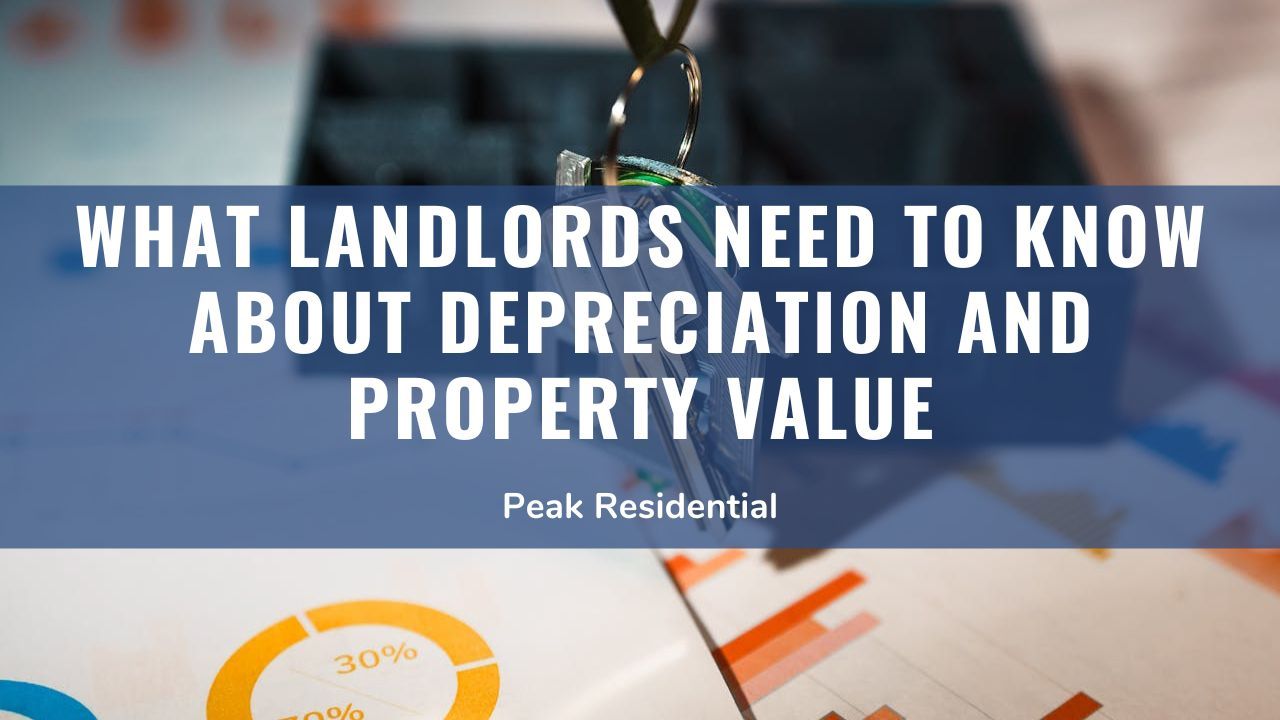Have you ever found yourself standing at the crossroads of homeownership, pondering the pivotal question: "Should I rent or sell my house?" It's a dilemma that echoes through the minds of many property owners, especially landlords, navigating the dynamic real estate landscape.
In this article, we embark on a journey to unravel the complexities of this decision-making conundrum. From weighing the financial implications to considering market trends and personal preferences, we'll delve into the factors that shape the path ahead.
So, buckle up as we navigate the terrain of property choices, aiming to guide you toward a decision that aligns seamlessly with your goals and aspirations.
Evaluating Your Financial Situation: Should You Rent or Sell Your House?
Before deciding whether to rent or sell your house, it's crucial to conduct a thorough evaluation of your financial landscape and future goals. Here are some key considerations to ponder:
- Mortgage Payments: Assess the current status of your mortgage payments. Are they manageable, or do they strain your financial resources?
- Property Taxes: Consider the property taxes associated with your home. Are they aligned with your budget or present a significant financial burden?
- Capital Gains Taxes: Understand the potential capital gains taxes arising from selling your property. How might they impact your overall financial outlook?

- Implications of Owning Two Homes: Contemplate the implications of owning two homes if you decide to rent out your current property. Are you prepared for the responsibilities of being a landlord and expenses associated with being a landlord?
- Other Financial Obligations and Life Goals: Consider any other financial obligations or life goals that could influence your decision. Are there pressing financial needs or long-term aspirations that need to be factored into the equation?
Understanding the Costs of Selling or Renting Your Home
In the process of evaluating whether to rent or sell your home, it's essential to delve into the associated costs of each option. Understanding these costs empowers you to make a well-informed decision aligned with your financial goals. Here's a breakdown:
Costs of Renting Out a Home
Renting out your property entails various expenses, including:
- Repairs and Maintenance: Covering the costs of repairs and ongoing maintenance to keep the property in good condition for tenants.
- Property Management Fees: If you opt for professional property management services, factor in the associated fees.
- Vacancy Losses: Anticipate periods of vacancy where you may not receive rental income, impacting your cash flow.
- Insurance and Taxes: Ensure you have adequate insurance coverage for rental properties and consider any additional tax implications.
Costs of Selling a Home
Selling your home involves several expenses, such as:
- Real Estate Agent Commission: Typically, sellers pay a commission to real estate agents involved in the transaction, usually a percentage of the sale price.

- Closing Costs: These include various fees, such as title insurance, attorney fees, transfer taxes, and administrative expenses associated with closing the sale.
- Home Repairs and Staging: Investing in repairs, upgrades, and staging to enhance the appeal of your home to potential buyers.
- Marketing Expenses: Promotional activities to market your property, such as photography, listing fees, and advertising costs.
Pros and Cons of Selling Your House
Selling your house is a significant decision that warrants careful consideration of both the advantages and drawbacks. Here's a breakdown of the pros and cons:
Pros
- Financial Gain: Selling your house can result in a substantial financial windfall, especially if your property has appreciated in value over time.
- Simplified Finances: Eliminating mortgage payments and ongoing homeownership expenses can simplify your financial obligations.
- Flexibility: Selling your house provides the freedom to explore new living arrangements or investment opportunities without the responsibilities of property ownership.
- Closing a Chapter: For those seeking a fresh start or transition in life, selling your house can symbolize the closing of one chapter and the beginning of another.
Cons
- Market Uncertainty: The real estate market can be unpredictable, and there's no guarantee that your property will sell quickly or at the desired price.

- Transaction Costs: Selling a house incurs various transaction costs, including real estate agent commissions, closing fees, and potential repair expenses, which can eat into your profits.
- Emotional Attachment: Letting go of a home can evoke strong emotions, especially if it holds sentimental value or cherished memories.
- Timing Challenges: Timing the sale of your house with other life events or market conditions can be challenging, leading to potential delays or missed opportunities.
Pros and Cons of Renting a House
Renting a house offers both advantages and disadvantages, which should be carefully considered before making a decision. Here's a breakdown of the pros and cons:
Pros
- Flexibility: Renting provides flexibility in terms of location and living arrangements, allowing you to easily relocate or explore different neighborhoods without the commitment of homeownership.
- Lower Financial Commitment: Renting typically requires a lower initial financial investment compared to buying a house, as you're not responsible for a down payment or ongoing maintenance costs.
- Fixed Costs: Renters often have fixed monthly expenses, making budgeting and planning for other financial goals easier.
- Minimal Maintenance Responsibilities: Landlords are generally responsible for property maintenance and repairs, relieving renters of the burden and cost associated with upkeep.
Cons
- Limited Control: Renters have limited control over the property, including restrictions on renovations or modifications to personalize the space.

- No Equity Building: Renting does not give you the opportunity to accumulate equity in the property or take advantage of future value growth, in contrast to homeownership.
- Rental Increases: Landlords may increase rent periodically, potentially leading to higher housing costs over time.
- Uncertainty: Compared to buying, renting gives less stability because landlords may decide not to renew leases or sell the property, forcing tenants to move.
Bottom Line
In the complex deliberation of whether to rent or sell your house, the decision hinges on numerous factors, including financial considerations, lifestyle preferences, and future goals. Assessing the pros and cons of each option illuminates the path forward, guiding you toward a choice aligned with your unique circumstances.
While selling may offer financial gains and simplified responsibilities, renting provides flexibility and minimal maintenance obligations. Amidst this decision-making process, seeking guidance from reputable property management services like
Peak Residential Property Management can streamline the transition.
Contact us today for expert services!
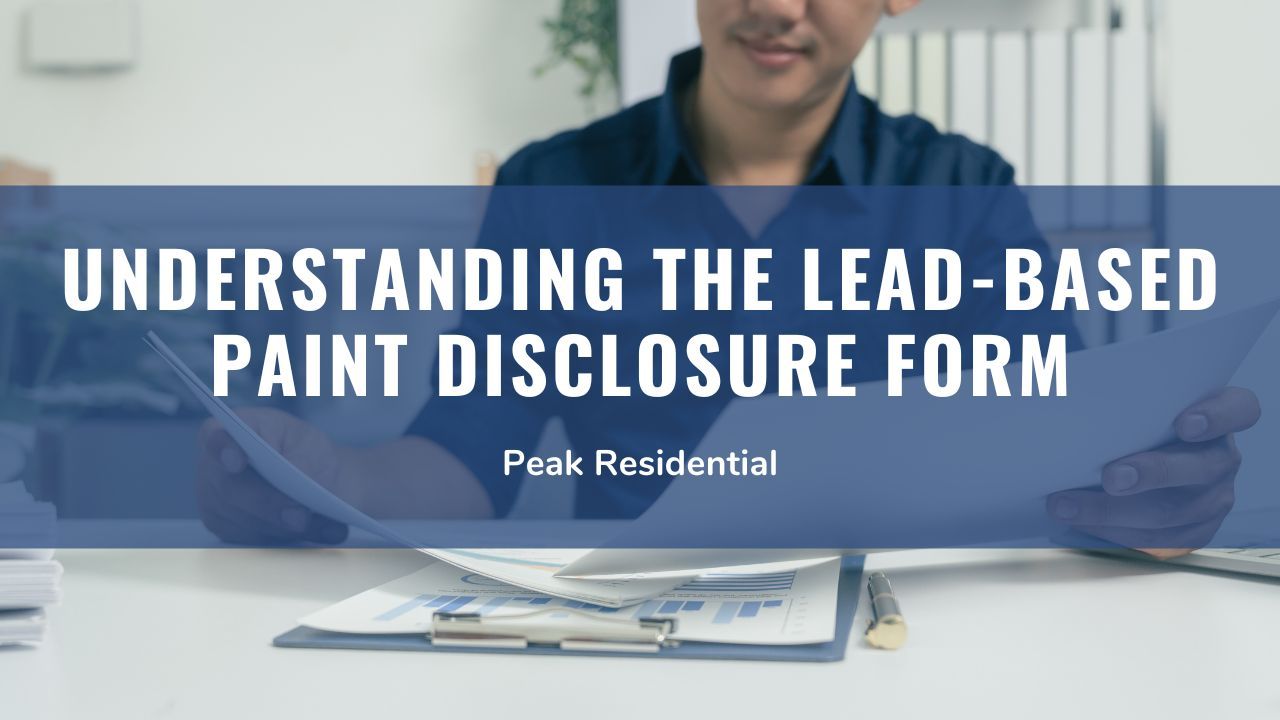
Peak Residential, Inc.
8:30am - 12pm & 1pm - 5pm Monday - Friday (Office Visit by Appointment Only
Sitemap | Privacy Policy | Accessibility | DRE Lic #02133123
© All Rights Reserved.
Peak Residential, Inc.

